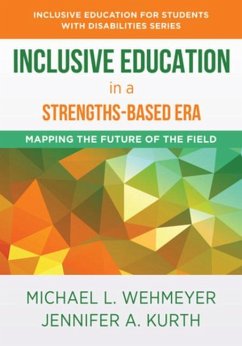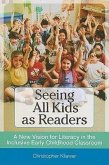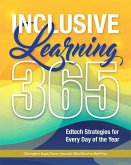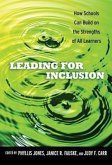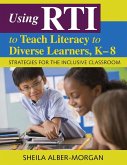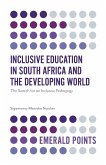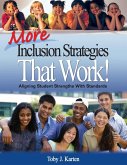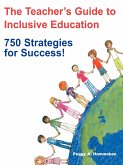In this inaugural book in their Inclusive Education for Students with Disabilities series, Michael L. Wehmeyer and Jennifer A. Kurth explore central, defining questions for the field of special and inclusive education: who, what and where do we teach; what works in inclusive education; and where does inclusive education go now? Arguing that the concept of disability for the past fifty years has emphasised students as incapable and incompetent, the authors propose instead to build on a growing understanding that students with disabilities can be successful and meet high expectations, and that educators have the knowledge and skills to achieve this. From this strength-based perspective, the presumption is that disability is part of, and not apart from, typical human functioning. Using this lens, Wehmeyer and Kurth describe effective practices to guide instruction in inclusive settings-practices that begin with a consideration of each student's strengths and capacities, rather than with a diagnosis.

